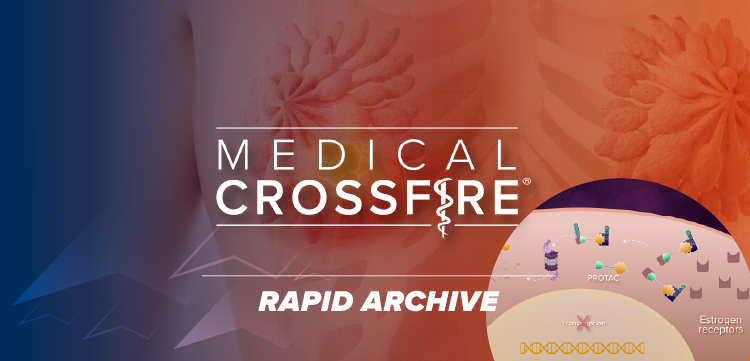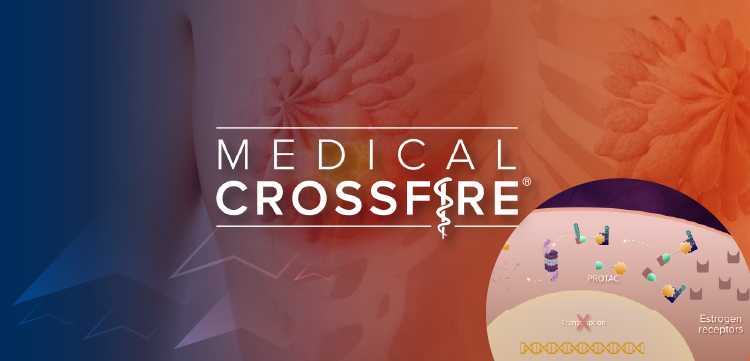
Nivolumab Combinations Improve Survival But Are Not Cost-Prohibitive in Advanced ESCC
An analysis of data from the CheckMate-648 trial sows that while adding nivolumab to either ipilimumab or chemotherapy for patients with advanced esophageal squamous cell carcinoma improves survival outcomes, their current price is not cost-effective for first-line treatment.
The combination of nivolumab (Opdivo) with either chemotherapy or ipilimumab (Yervoy) has demonstrated better survival outcomes for patients with advanced or metastatic esophageal squamous cell carcinoma (ESCC) on chemotherapy alone, but at a higher cost. According to an analysis of patients on this therapy and their costs researchers determined that the combination of nivolumab in the frontline setting is unlikely to be cost-effective.
Looking at patients with a median age of 64-years-old diagnosed with metastatic or advanced ESCC, researchers created a partitioned survival model with a 4-week cycle length and then a 5-year time horizon developed by TreeAge Pro Healthcare software. Using this model, they compared patients on either nivolumab, fluorouracil, plus cisplatin to nivolumab plus ipilimumab, and just fluorouracil plus cisplatin.
Using the CheckMate-648 trial (NCT03143153) results they looked at overall and progression-free survival (PFS) results and the health states of patients based on PFS, disease progression, or death. Moreover, the cost, utility, and disutility values were taken from the UpToDate database and other published literature. A 3% discount rate per year was applied to these costs and outcomes.
The base case results saw that the overall cost of nivolumab plus chemotherapy was $438,775 with an incremental cost of $131,291 compared with $307,484 overall for just chemotherapy. Moreover, the combination of nivolumab and ipilimumab proved to be the costliest at $514,202 overall with an incremental cost of $206,718.
Looking at quality-adjusted-life-year (QALY) chemotherapy was given a QALY score of 0.84 compared with 1.06 and 1.15 for nivolumab plus chemotherapy and nivolumab plus ipilimumab, respectively. Incremental QALY was slightly higher in the immunotherapy combination group at 0.31 compared with 0.22 in the chemotherapy combination. Per QALY, the researchers calculated an incremental cost-effective ratio (ICER) price for each combination therapy with that price being $597,522 for the nivolumab and chemotherapy combination and $666,832 for the immunotherapy combination.
According to the researchers, the probability of either combination with nivolumab not being cost effective at a willingness-to-pay threshold (WTP) of $200,000 was 86.2% in the chemotherapy combination compared with 79.2% in the ipilimumab combination. This suggested that per QALY that a cost-effective WTP for either chemotherapy or ipilimumab combination would be $550,000 and $475,000, respectively.
For patients with ESCC with a PD-L1 expression of 1% or greater nivolumab plus chemotherapy had the highest overall cost at $483,543 but a lower incremental cost of $181,756 compared with $440,639 and $138,854, respectively, for nivolumab plus ipilimumab. A QALY score of 0.77 was seen in the chemotherapy group compared with 1.06 for the immunotherapy combination and 1.22 for the chemotherapy combination, with and incremental QALY of 0.44 vs 0.28 in the immunotherapy group. An ICER cost, per QALY, of $488,045 was given to the immunotherapy combination and $409,108 to the chemotherapy combination.
Further one-way sensitivity analyses displayed those changes in the costs of either immunotherapy, PFS utility values, and the cost of further disease progression still impacted these results. On average, the cost to manage adverse events was highest for patients with progressed disease at $26,687 compared with nivolumab plus ipilimumab being the lowest at $11,011. However, the researchers noted their data was limited as they did not have real-world effectiveness data for this patient population and the single clinical trial may not be representative of this population across the US.
Reference
Ben-Umeh K, Okoye G, Malone D, et al. Cost-effectiveness of first-line nivolumab combination therapy vs chemotherapy alone for advanced or metastatic esophageal squamous cell carcinoma. Presented at: 2023 International Society for Pharmacoeconomics and Outcomes Research; May 7-10, 2023. Boston, MA.















































